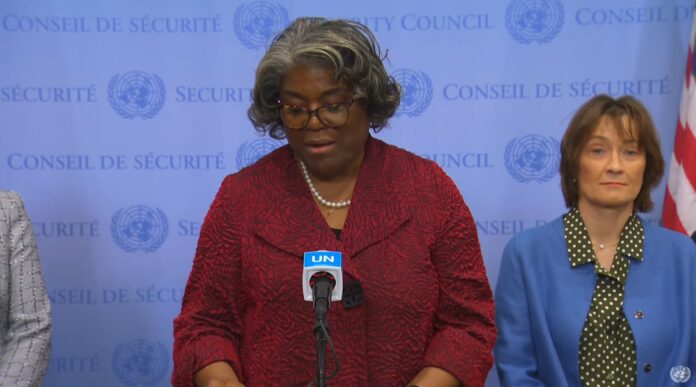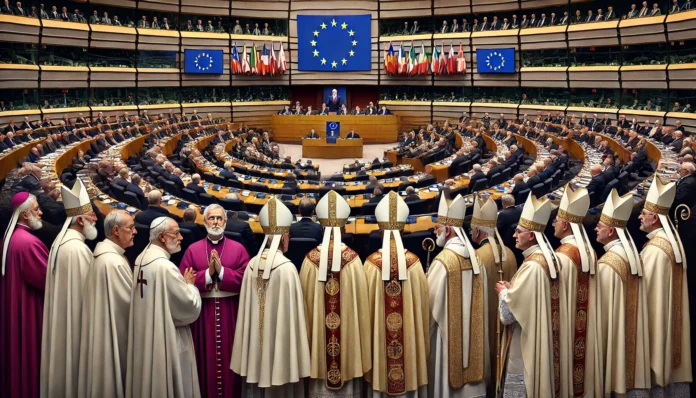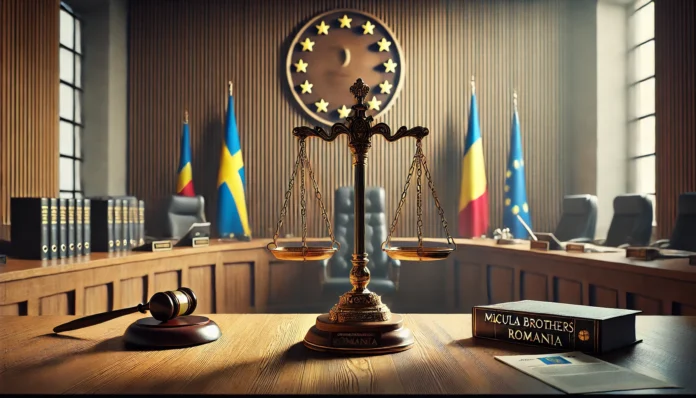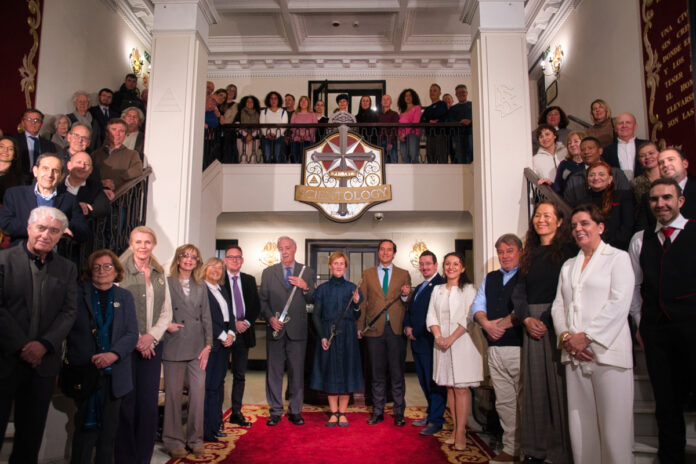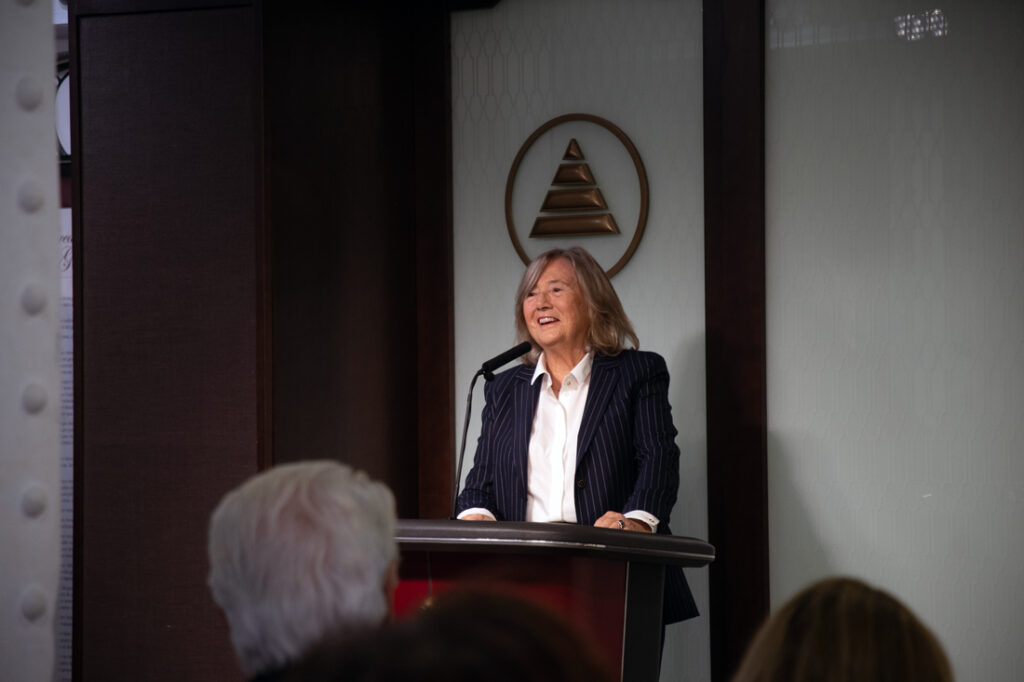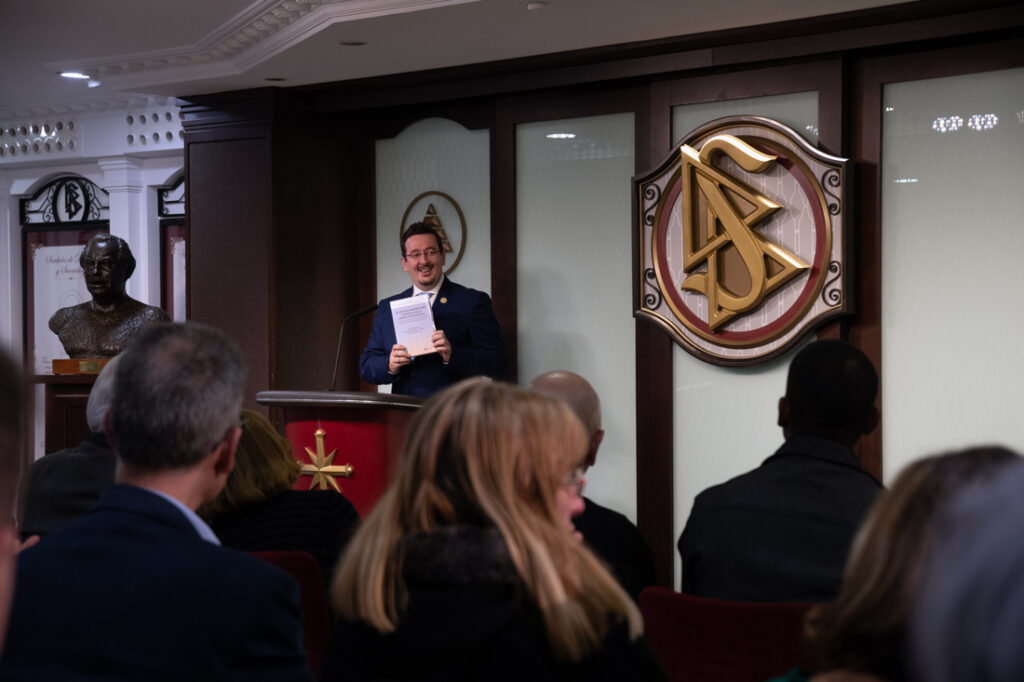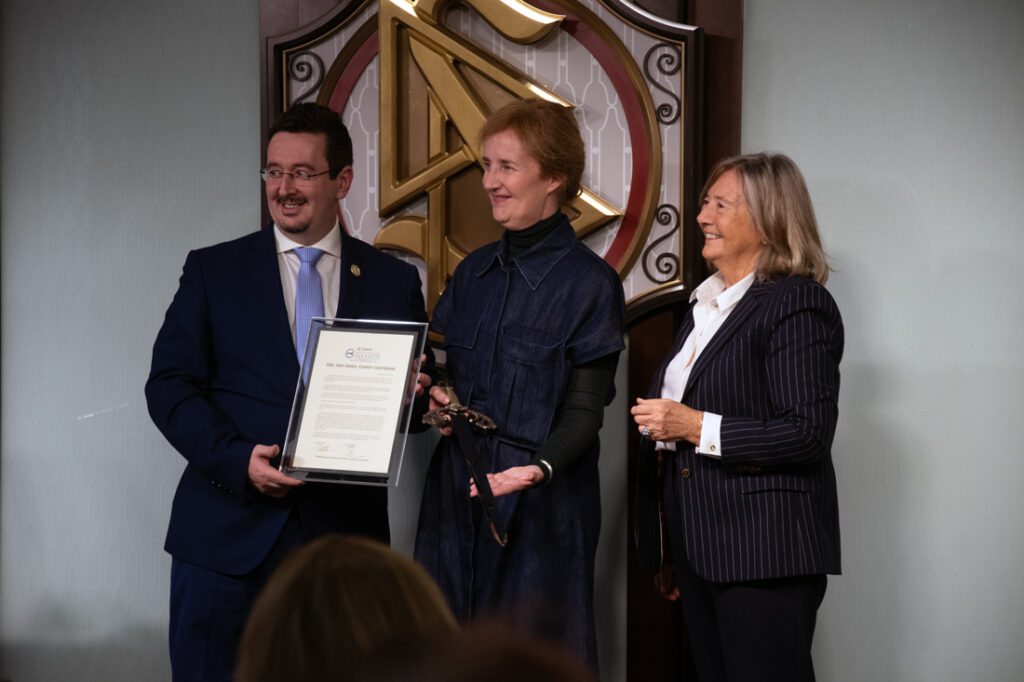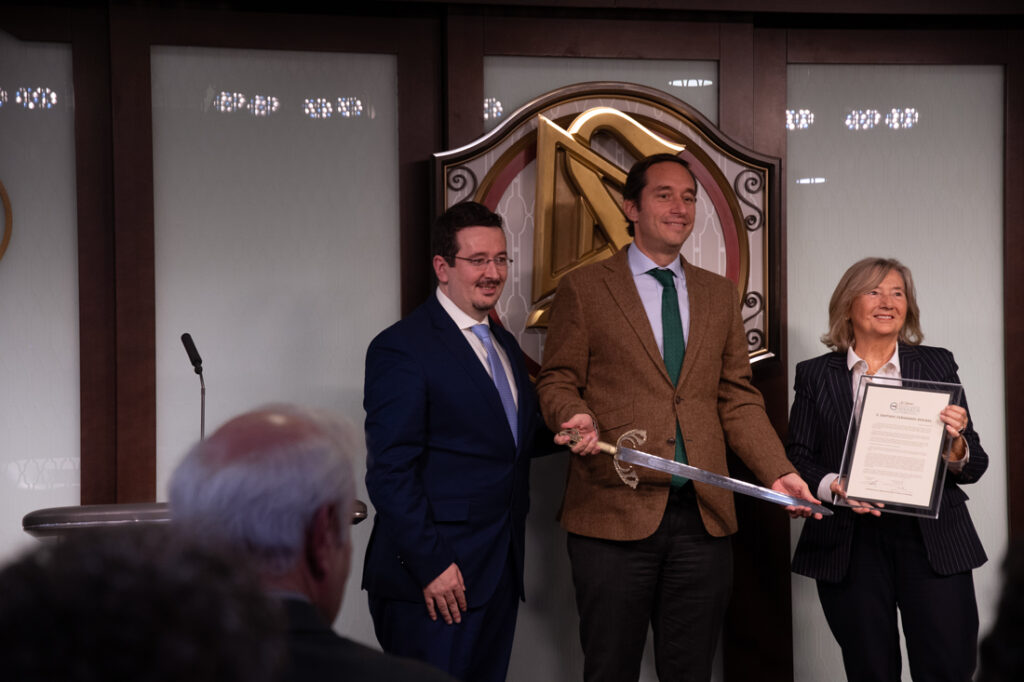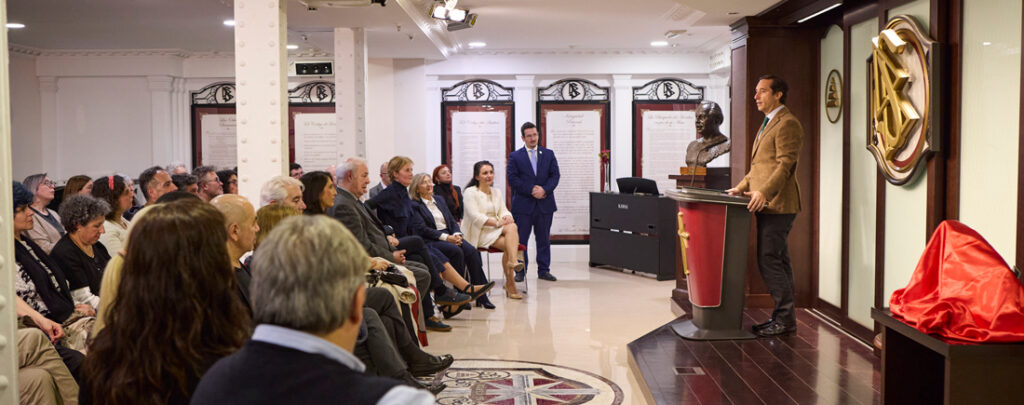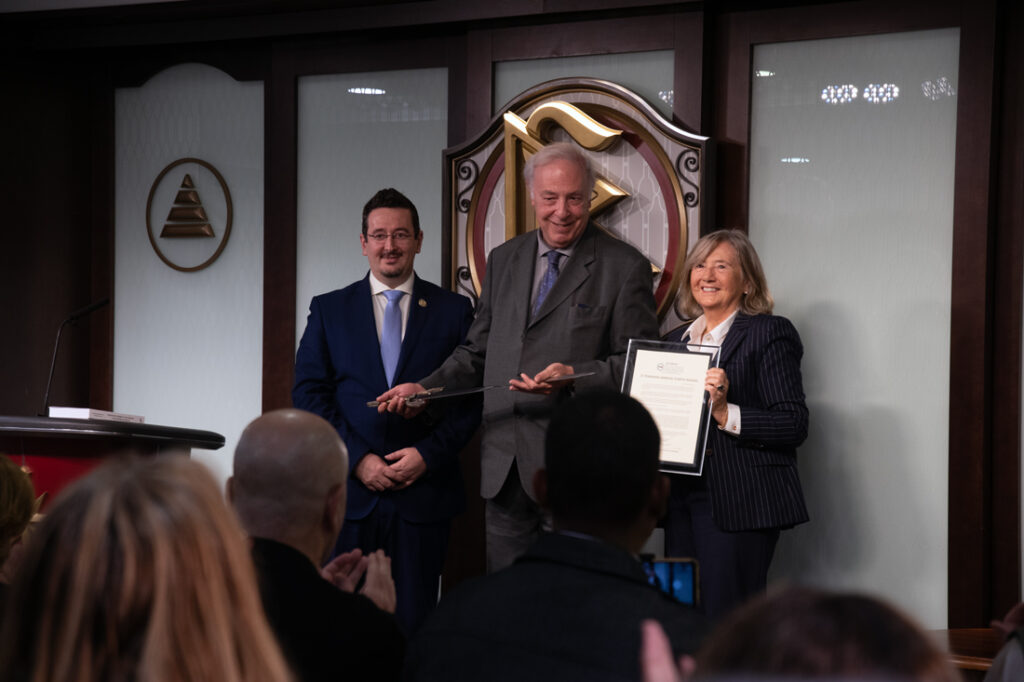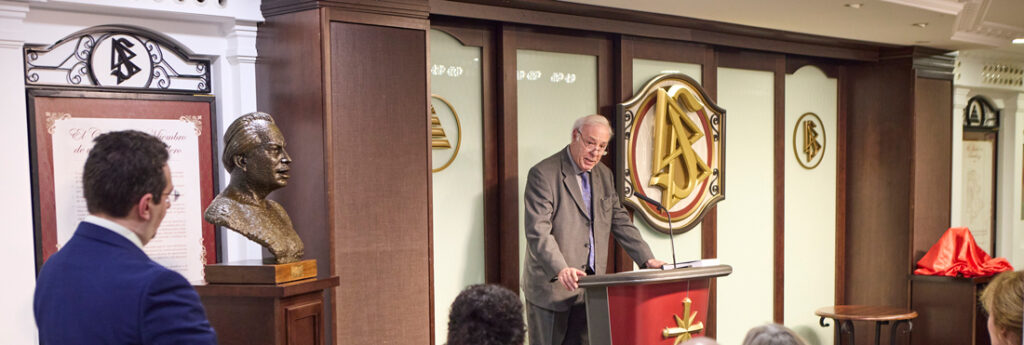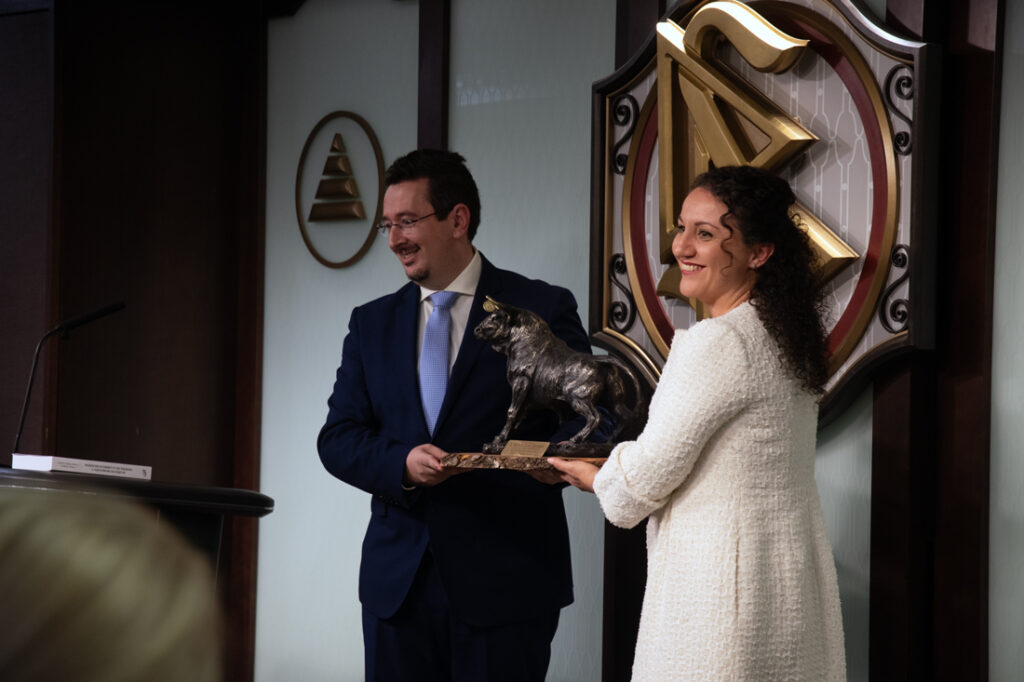Over the course of a weekend, Sundays can become a delightful day to recharge and explore, especially in a vibrant city like Brussels. If you’re looking to make the most of your day, this guide will walk you through top activities that will help you embrace the unique charm of this beautiful city. From savoring delicious Belgian cuisine to wandering through stunning parks, you’ll find plenty of ways to create unforgettable memories. Let’s probe the perfect Sunday itinerary just for you!

Discovering Brussels’ Charm
For those eager to immerse themselves in the enchanting beauty of Brussels, there is no better way to spend your perfect Sunday than by discovering the city’s unique charm. Begin your adventure with a walk through the historic city center, where cobblestone streets, grand architecture, and lively squares come together to create a postcard-worthy atmosphere. If you’re considering a deeper exploration, check out this A Complete Brussels 3 Day Itinerary For First Time Visitors that outlines must-see attractions and hidden gems that make your exploration memorable.
Strolling Through the Historic City Center
Discovering the historic city center of Brussels is like stepping into a fairy tale. As you wander through the streets, take in the myriad of stunning buildings from different architectural styles, which tell the story of the city’s rich history. From the Gothic spires to the Baroque facades, each corner reveals something new, so be sure to have your camera ready! Don’t forget to explore quaint shops and charming cafes that line the streets; they provide the perfect stop for a delicious treat or a refreshing drink.
Exploring the Magnificence of the Grand Place
Before diving deeper into the sights, you simply cannot miss the spectacular Grand Place, a UNESCO World Heritage site renowned for its dazzling beauty. The square is surrounded by impressive guildhalls and the stunning Town Hall, all adorned with intricate details. The atmosphere is extraordinary, particularly in the early morning when you can enjoy a quieter ambiance or during the buzzing lunchtime when locals and visitors alike gather to soak in the lively energy.
With every step you take in the Grand Place, you’ll feel the heartbeat of Brussels. The golden façades glimmer under the sun and create a magical vibe, especially during the evening when the buildings are illuminated. You may find yourself captivated by the artwork and fountains that adorn the square, providing endless opportunities for captivating photos and cherished memories.
Visiting Iconic Landmarks: Manneken Pis & Atomium
By setting aside some time to visit the iconic landmarks of Brussels, like Manneken Pis and the Atomium, you’ll gain a deeper appreciation for the city’s quirks and culture. Manneken Pis, the little boy statue who is famous for urinating into a fountain, delights visitors with his playful charm and numerous costumes. Meanwhile, the Atomium, a post-war architectural wonder shaped like an atom, lets you experience a unique blend of history, art, and stunning panoramic views of Brussels from its top sphere.
Due to their unique characteristics and cultural significance, both Manneken Pis and Atomium are must-visit spots. You’ll find it enjoyable to take photos with these iconic symbols and share the delightful stories behind them with fellow travelers or friends back home. Plus, exploring their surroundings adds an extra layer of fun to your Sunday adventure in Brussels.
Culinary Delights
Now that you’ve started your perfect Sunday in Brussels, it’s time to probe the culinary scene bursting with flavors. The Belgian cuisine is a blend of hearty dishes and exquisite treats, so prepare your taste buds for a delightful experience. Whether you’re indulging in sweet or savory, your palate is about to be thrilled as you explore the city’s gastronomic offerings.
Savoring Belgian Waffles: A Sweet Start
Between the iconic sights and sounds of Brussels, you’ll want to kickstart your day with a mouthwatering Belgian waffle. The city is famous for these fluffy delights, which come in two varieties: Brussels waffles, known for their lightness and square shape, and Liège waffles, which are richer and caramelized. No matter which you choose, top it with a dollop of whipped cream, strawberries, or a drizzle of chocolate to enhance the experience. This sweet treat is perfect for fueling your adventure!
As you savor your waffle, find a cozy café where you can soak in the local vibe. Pair your waffle with a rich hot chocolate or a freshly brewed coffee to elevate your breakfast into a truly indulgent experience. With each bite, you’re not just enjoying a treat, but embracing a slice of Belgian culture.
Indulging in Chocolate Heaven
About every trip to Belgium includes a visit to its renowned chocolatiers. From pralines to truffles, the chocolate here is unparalleled. Make sure to stroll through the streets where you can encounter charming shops that showcase handmade chocolates crafted with love and artistry. Each piece is an invitation to experience a burst of flavors that take your taste buds on a delicious adventure. Don’t hesitate to ask for samples, as chocolatiers are often eager to share their creations!
And with all this chocolate around, it’s perfect to take your time and enjoy each experience. Dive into the depths of Belgian chocolate culture by learning about traditional recipes and the secrets behind crafting the perfect chocolate. Whether you prefer dark, milk, or white chocolate, you’re in for a true treat that melts in your mouth and spreads happiness across your Sunday.
Tasting Authentic Belgian Beer
An crucial part of your culinary adventure in Brussels is indulging in the wide range of authentic Belgian beers. With hundreds of breweries and a variety of unique styles, you’ll discover flavors that enhance your food experience. From Trappist ales to fruity lambics, the diversity in taste will have you exploring new favorites throughout your day. Consider joining a local brewery tour to learn about the brewing process while sampling different varieties.
Hence, as you sip on your beer, take a moment to appreciate the craftsmanship that goes into brewing these delightful drinks. Each sip tells a story, bringing you closer to Belgian traditions and culture. Whether you’re in a historic tavern or a modern beer hall, savoring a cold brew is the perfect way to kick back and relax after a day filled with delicious culinary adventures in Brussels.
Embracing Local Culture
After you’ve fueled your day with some delicious Belgian waffles or a warm croissant, it’s time to probe the vibrant local culture of Brussels. This city is a melting pot of traditions, art, and history that beckons you to explore its depths. Whether you’re wandering through the streets or visiting renowned establishments, you’ll find that each corner offers a glimpse into the Belgian way of life.
Discovering Art at the Royal Museums of Fine Arts
About the Royal Museums of Fine Arts, they house an impressive collection that spans several centuries, showcasing the evolution of art in Belgium. From the mesmerizing works of the Flemish Masters to contemporary pieces, this museum is a treasure trove for art lovers like you. Don’t miss masterpieces by the likes of René Magritte and Pieter Bruegel—the Elder, which not only paint a picture of Belgium’s rich past but also ignite your imagination.
Strolling through the halls, you’ll find not only visual delights but also the inspiration that these artworks impart. It’s a perfect spot to get lost for a few hours, absorbing the colors and stories behind each piece while enjoying the serene atmosphere. You can also check if there are any temporary exhibitions, which often showcase both local and international artists, giving your experience an added layer of cultural immersion.
Enjoying a Sunday Market Experience
The Sunday markets in Brussels are a true spectacle that reflects the heart of local life. You’ll find stalls brimming with fresh produce, artisan cheeses, and homemade pastries, all inviting you to taste and explore. As you meander through the lively aisles, you can chat with friendly vendors who are eager to share their knowledge and passion for their products. It’s not just a shopping experience; it’s a social event where locals gather to connect and celebrate their community.
To make the most of your market visit, be sure to try out some local delicacies as you browse. Sample a slice of succulent ham or probe the array of Belgian chocolates that will surely tempt your sweet tooth. Stopping by a food stall for a hot meal or snack will fill your belly and your spirit with the flavors of Brussels. You’ll leave feeling like you’ve truly absorbed a piece of the local culture, having witnessed the camaraderie and hustle that defines these vibrant market scenes.
Immersing Yourself in Brussels’ Diverse Music Scene
Experience the diverse music scene that flourishes throughout the streets of Brussels, offering everything from classical concerts in grand halls to indie gigs in trendy cafes. With various genres and styles to explore, there’s something for every music lover. You’ll find that the city often hosts free live performances, making it accessible for everyone to enjoy the rhythms and melodies that resonate through the air.
In fact, as you wander from neighborhood to neighborhood, you might stumble upon street performers captivating passersby with their talent. The locals often celebrate music through festivals, so checking the calendar might lead you to an unexpected concert or event where you can dance and mingle with fellow music enthusiasts. It’s a beautiful way to connect with the soul of the city and create lasting memories of your perfect Sunday in Brussels.
Nature Escapes
Keep your weekend spirit alive by spending some time among nature in the heart of Brussels. The city is known for its beautiful parks and stunning green spaces, making it a perfect escape for you to unwind and recharge. Whether you’re looking for peaceful walks or a spot to relax, you can immerse yourself in nature while enjoying the vibrant ambiance of the city. For inspiration on all that Brussels has to offer, check out 64 Fun Things to Do in Brussels, Belgium.
Relaxing in the Bois de la Cambre
Beside the picturesque lake and lush greenery, Bois de la Cambre is a favorite among locals and visitors alike. As you stroll through winding paths lined with trees, take in the fresh air and the serene sounds of nature. You might spot couples laying on the grass, friends biking, or families enjoying a leisurely afternoon. The park exudes a peaceful vibe perfect for unwinding after a busy week.
Bois de la Cambre is not just about relaxation; it offers plenty of fun activities to keep you entertained. From paddle boating on the lake to stopping by the charming pavilion for a quick snack, you’ll find plenty to do while savoring the beauty around you. The atmosphere is particularly enchanting on a sunny Sunday when people gather to enjoy the outdoors.
Taking a Scenic Walk in the Brussels Park
The Brussels Park, situated near the Royal Palace, is another gem worth visiting during your Sunday. As you wander through this stunning green expanse, you’ll be captivated by the well-maintained flowerbeds and elegant fountains. The park’s greenery serves as an idyllic backdrop for leisurely strolls or just sitting back and watching the world go by.
Park your worries aside as you explore the winding paths and take in breathtaking views of the surrounding architecture. You might come across locals jogging, families playing games, or artists sketching under the shade of the trees, all contributing to the park’s vibrant atmosphere. It’s a wonderful place where you can soak up the city’s energy while embracing a bit of tranquility.
Enjoying Picnics at Parc du Cinquantenaire
Escapes to Parc du Cinquantenaire are a delightful way to enjoy a Sunday afternoon in Brussels. This beautiful park not only showcases grand arches and impressive museums but also offers ample space for you to lay down a blanket and indulge in a lovely picnic. Pack your favorite snacks and enjoy the serene ambiance, surrounded by lush gardens and stunning historical buildings.
Also, the vibrant atmosphere at Parc du Cinquantenaire makes it an excellent spot to connect with friends or family. You can engage in a friendly game of frisbee, take a stroll through the gardens, or simply relax while enjoying your meal amidst nature. With so much to see and do, you’ll find it hard to leave this enchanting place.
Family-Friendly Activities
Despite the hustle and bustle of city life, Brussels offers a delightful array of family-friendly activities that will ensure your Sunday feels like a mini-vacation. Whether you’re visiting with kids or simply want to enjoy a light-hearted day out, there’s plenty to keep the entire family engaged and entertained. From colorful comic strips to miniature landmarks, get ready to embrace the fun side of this charming city!
Visiting the Belgian Comic Strip Center
Activities at the Belgian Comic Strip Center will immerse you in the magical world of comics, a beloved pastime in Belgium. You and your family can explore various exhibitions dedicated to iconic Belgian characters like Tintin and the Smurfs. With interactive displays and fascinating workshops, the center offers a delightful experience for all ages, inviting you to appreciate the artistry of comic book culture.
As you wander through the beautifully restored Art Deco building, you’ll discover the history of comics and even have a chance to create your own comic strip. It’s not just an educational experience; it’s a way to spark your creativity and share laughter as a family. The center also has a charming café where you can enjoy a light snack while surrounded by comic book art.
Exploring Mini-Europe
Above all, a trip to Mini-Europe will take you on a whirlwind tour of Europe, all in a fraction of the time. This delightful park features miniature replicas of famous European landmarks, from the Eiffel Tower to the Colosseum. As you stroll through the park, you and your family can learn fun facts about each monument and enjoy the charming atmosphere, making for an exciting and educational experience.
Understanding the intricate details of each miniature structure adds to the fun, with lively animations and sounds that bring the scenes to life. Plus, the park offers plenty of spots to rest and enjoy takeaway snacks, allowing you to take in the sights at a leisurely pace. It’s a wonderful way to spark curiosity and foster appreciation for the diverse cultures that make up our continent.
Engaging with Animals at the Brussels Aquarium
Brussels provides a unique opportunity to engage with wildlife at the Brussels Aquarium, where you and your family can discover the diverse marine life that inhabits our planet. The aquarium features awe-inspiring exhibits that showcase everything from vibrant tropical fish to fascinating sharks. Watching these creatures swim gracefully can provide hours of entertainment and will surely ignite your kids’ fascination with the underwater world.
Indeed, the aquarium also hosts educational programs and feeding demonstrations that allow visitors to learn more about marine ecosystems and conservation efforts. Your visit will not only be enjoyable but also enrich your understanding of the crucial role that aquatic life plays in our environment, making it an experience that resonates beyond just a fun day out with the family.
Unique Experiences
Many visitors to Brussels find that their perfect Sunday isn’t just about sight-seeing but engaging with the city in a more meaningful way. Unique experiences can elevate your weekend into something truly memorable. From biking through bustling streets to uncovering vibrant street art, there’s plenty to choose from for a delightful day out.
Taking a Bike Tour of the City
City cycling is an incredible way to explore Brussels in a breezy and fun manner. You can hop on a bike and weave through the charming neighborhoods while soaking in the sights and sounds of the city. With several guided bike tours available, you’ll get insider tips and historical anecdotes from your knowledgeable guide, making your experience both enjoyable and informative.
You’ll pedal past iconic landmarks like the Grand Place and Atomium, and depending on your route, you may also discover hidden gems tucked away in quieter corners. It’s the perfect blend of exercise and exploration, allowing you to cover more ground while taking in the local atmosphere of bustling markets, quaint cafes, and picturesque parks.
Discovering Hidden Street Art
To truly appreciate Brussels, you need to venture beyond the main attractions and explore its vibrant street art scene. As you stroll through areas like the Marolles or Molenbeek, keep your eyes peeled for stunning murals, graffiti, and installations that adorn the walls. Each piece tells a story and reflects the city’s creative spirit, making it an exciting scavenger hunt.
And if you’re up for it, consider joining a walking tour specifically dedicated to street art. You’ll uncover not just the artwork, but also the artists behind these creations. With a local guide, you’ll learn about the context and significance of various pieces, turning your wanderings into an insightful discovery of Brussels’ cultural landscape.
Experiencing Local Workshops and Classes
Above all, participating in local workshops and classes is a fantastic way to immerse yourself in the culture of Brussels. Whether it’s a cooking course showcasing classic Belgian dishes or a creative painting session inspired by the famous artists of the city, you’re bound to leave with both new skills and lovely memories. Plus, it’s a great way to connect with fellow travelers and locals who share your passions.
Hidden gems are scattered throughout the city where you can discover hands-on learning experiences. From artisanal chocolate-making sessions to craft workshops, you can tailor your Sunday to suit your interests and enhance your appreciation of Belgium’s rich heritage. So put on your creative hat and look into one of these delightful experiences — you won’t regret it!
Summing up
Taking this into account, your perfect Sunday in Brussels is just waiting to be discovered. From savoring delicious waffles and chocolate to exploring stunning parks or immersing yourself in art and culture, there are countless activities that can make your weekend truly special. You can take a leisurely stroll through the historic streets, visit local markets, and enjoy the vibrant atmosphere that Brussels has to offer. Each moment is an opportunity to create lasting memories, allowing you to soak in the city’s unique charm at your own pace.
Ultimately, this is your chance to unwind and connect with the heart of Brussels, a place where history and modernity come together harmoniously. Whether you’re indulging in gastronomic delights or simply relaxing in a cozy café, it’s all about enjoying every aspect of your day. So, embrace the weekend, explore new experiences, and let Brussels enchant you as you craft your perfect Sunday itinerary!



